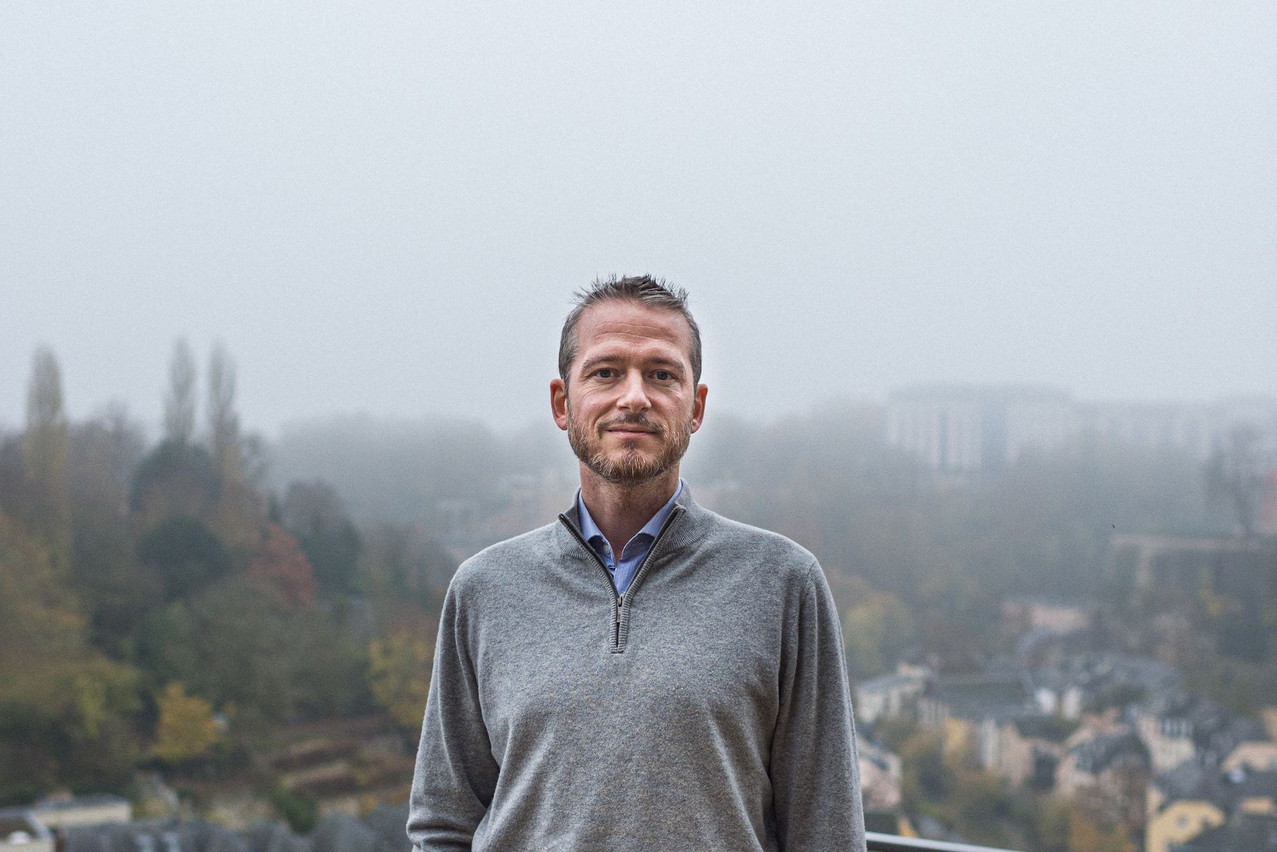It’s not easy being a climate finance fund, particularly when you have no proven track record. The projects you are investing in are important for the planet but risky for the investor, and you’re running out of working capital as you try to reach first close.
This is where public support is so important, explains Stephan Peters, who runs the ICFA, which supports climate finance funds in Luxembourg to reach their first close.
“Governments have deep pockets, deep enough to de-risk investments in climate finance and to take concessionary returns,” says Peters. “This is so important because many small funds investing in crucial projects struggle to get to first close. This is because they don’t have the track record, so investors will say ‘come back when you have a third or fourth fund.’ It’s a chicken-or-egg scenario.”
Financial and fundraising support
Since the inception of the ICFA in 2018, it has supported four fund managers reach first or second close with a total of $219m in assets under management, with more on track to close later this year: an impressive achievement, given just how difficult it can be to fundraise for climate finance.
It does this by providing a working capital loan of €200,000 to the fund while it tries to achieve first close, and an envelope of support services of up to €80,000 to receive specialist advice. The working capital loan in particular helps small funds weather the often longer-than-expected lead time between launch and first close.
Read also
However, the non-financial support to the funds is equally important. The ICFA provides funds with training, coaching, service provider discounts, and access to working space and to support networks to help accelerate the fundraising process. This networking effect does more than to help the individual fund. It also helps generate a climate fund services ecosystem in Luxembourg.
Specific needs of climate funds
According to Peters, funds focusing on climate finance have specialist financial services needs. “They need a wide toolkit of structures and vehicles,” he says. Climate finance funds can be extraordinarily diverse; debt focused, like microfinance; or project-finance focused, involving a mix of debt and equity; or a pure equity play such as a venture capital fund investing in climate technology.
“Climate finance funds tend to be alternative investment funds,” says Peters. “And for alternative investment fund structures, no other jurisdiction is as interesting in Luxembourg.”
He explains that there is a growing competence in Luxembourg financial services for supporting climate finance funds. “We work with climate funds focusing on brownfield plants and optimising them. Private equity fund service providers in Luxembourg have a depth of knowledge on secondary transactions and can tweak this knowledge to apply to brownfield sites.”
For microfinance, Peters cites existing services providers, like BlueOrchard Asset Management, which can angle their offering to climate adaptation.
The ICFA works off a blended financing model, where public money is invested to enable the funds in the cohort to get off the ground, but it is private investors who are the fundraising target.
De-risking climate finance
“This ‘de-risking’ of climate finance [by the public sector] is crucial to creating sustainable, long-term investment in climate finance from the private sector. They start to see a track record and then it is easier for private sector investors to make the investment case to their board,” says Peters.
The ICFA supports 28 funds, selecting a new cohort of funds to support every year. The 2022 cohort is Energy Peace Partners, Katapult, Olduvai Capital, Sustainable Links and Incofin.
This article originally appeared in Delano magazine’s October 2022
Updated to correct the amount of working capital loans provided by the ICFA
